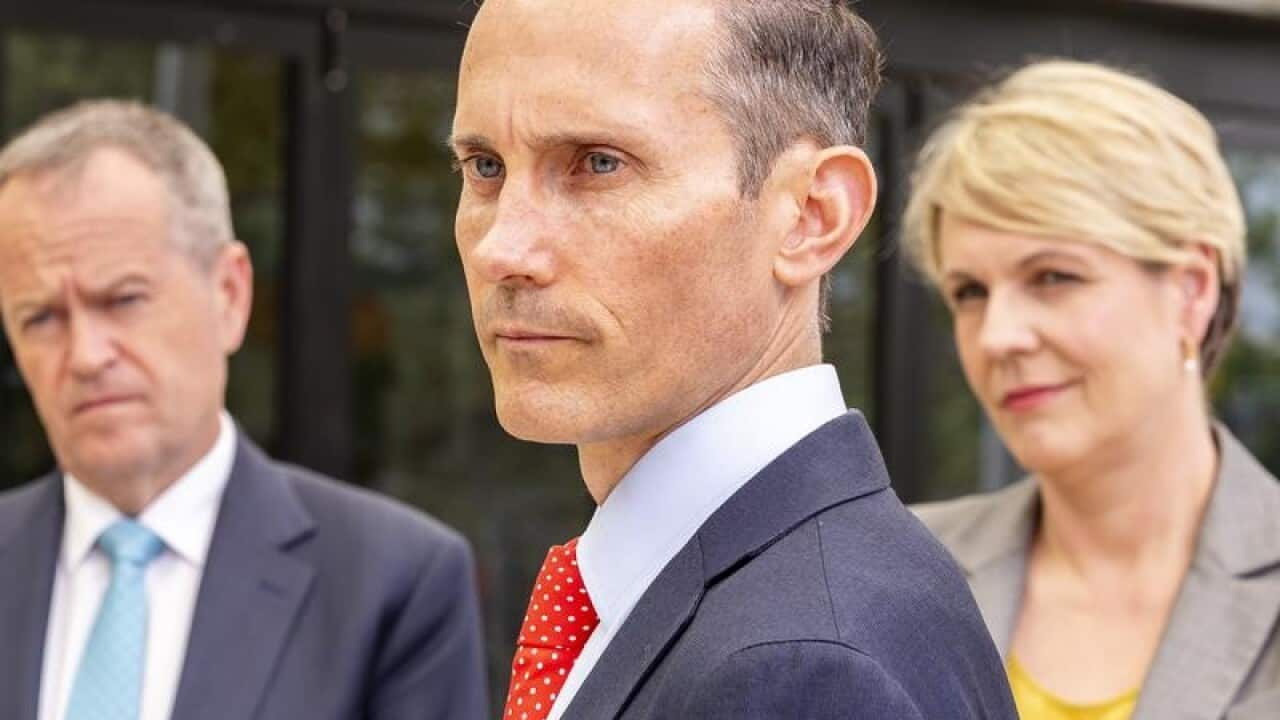Key Points
- Travellers can often get cheaper hotel prices over the phone compared with hotel booking sites.
- Assistant Competition Minister Andrew Leigh has warned sites about price rises and creating a monopoly.
- This could result in sites charging higher prices for hotels, and consumers having limited options.
On a recent trip to the snow, Canberra man Richard Tuffin used an online booking system to organise accommodation.
But when he checked out, staff at reception told him they would have offered a cheaper rate over the phone.
Now when planning a holiday or weekend away, he checks third-party booking sites, individual hotel websites, and calls hotels via phone to check prices.
So why do these third-party sites — which promote themselves as offering bargain to customers — seem to charge higher rates for some hotels?
The government has raised concerns about this system, and has outlined several potentially problematic practices.
Here's what you need to know, and what you should do when booking your next holiday.
What is the issue and how does it impact you?
Online booking sites enable travellers to compare options and might seem like an easy way to find a bargain.
Certain hotels appear to be preferred by the websites and are ranked higher, while others often have different prices on the booking sites compared to directly via the hotel.
Assistant Competition Minister Andrew Leigh is concerned the sites are charging accommodation operators hefty fees for what is essentially a payment processing service.
Mr Leigh also worries there might be an agreement not to compete, or the booking sites could be punishing hotel operators that ask customers to book directly by pushing their listings to the bottom of search pages.
This type of system can create a tightly concentrated market, with many providers but only a few booking platforms — meaning the booking sites can charge higher prices as consumers have limited options other than to pay the higher price.
How can you get the best deal?
After his snow trip, Mr Tuffin was looking for a hotel room or suite with two separate bedrooms for a weekend in Sydney with a family member. He looked at two booking sites and found a place he liked.
"The online system was only showing me two completely separate hotel rooms, and when I called the hotel that was all they could offer," he said.
"Later when I checked online, I found a suite with two bedrooms which was cheaper than the options shown on the booking site or offered over the phone."

Third-party sites such as Booking.com market themselves as offering cheaper prices than hotels. Source: AAP
"I think it's sensible ... to assume those kinds of dealings are going on, and it happens with all sorts of businesses."
In addition to looking at third-party providers, travellers are also encouraged to check each hotel individually, and if possible, call via phone to check prices rather than the website alone.
Hotels are often linked with loyalty programs and points schemes, which can offer significant discounts for existing members or sign-up bonuses for new members.
What is the government doing about it?
The federal government is investigating options to promote competition in the accommodation booking market and will be watching other sectors dominated by a handful of players.
In November, Treasury opened its consultation, asking booking sites to reveal their typical fees, any agreements not to compete, and whether hotels that try to compete are ranked lower.
The consultation process ended on 6 January, with the government now set to examine the responses and identify whether any action, including legislative change, is needed.

Assistant Minister for Competition, Charities, and Treasury Dr Andrew Leigh has raised concerns about third-party hotel booking sites Source: AAP / LUKAS COCH
"When you have monopoly or oligopoly players, there's always a risk they'll charge too much and abuse their monopoly position," Mr Leigh told AAP.
"We want to envision an Australian economy where people have as many choices as they have sporting teams to choose from.
Is this a new issue?
Mr Leigh's comments and the government consultation are not the first time third-party booking sites have been under the spotlight.
In 2020, the Federal Court ordered Trivago to pay $44.7 million in penalties for misleading consumers over hotel room rate, in proceedings brought by the Australian Competition and Consumer Commission (ACCC).
The court found Trivago had breached the Australian Consumer Law leading customers to believe its website would help users identify the best hotel deals.
In reality, Trivago used an algorithm that preferenced hotel booking sites that had paid the highest cost-per-click fee, meaning users were often not shown the cheapest rates.
In 2018, Flight Centre was ordered to pay a penalty of $12.5 million for attempting to arrange price-fixing agreements with three international airlines.
What do booking sites say?
In a statement, the Expedia Group told SBS News it sought the best prices available for travellers.
"As noted in the Australian Government’s consultation paper on rate parity, online booking platforms are an important source of bookings for many tourism and accommodation providers," the statement said.
"In 2019, we waived price parity clauses in our contracts which allows hotel partners to offer different rates on different channels.
"By providing competitive pricing, our hotel partners can attract new and return travellers, whether through our platform or their own."
SBS News has contacted Booking.com and Trivago for comment.












